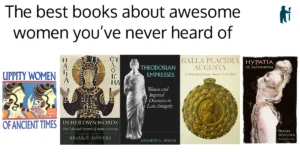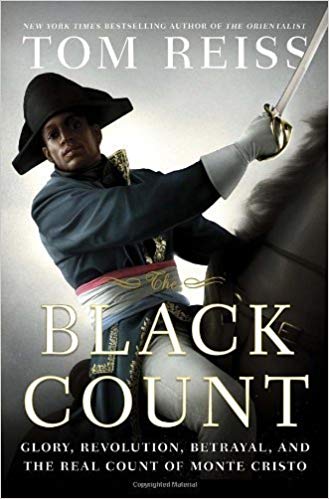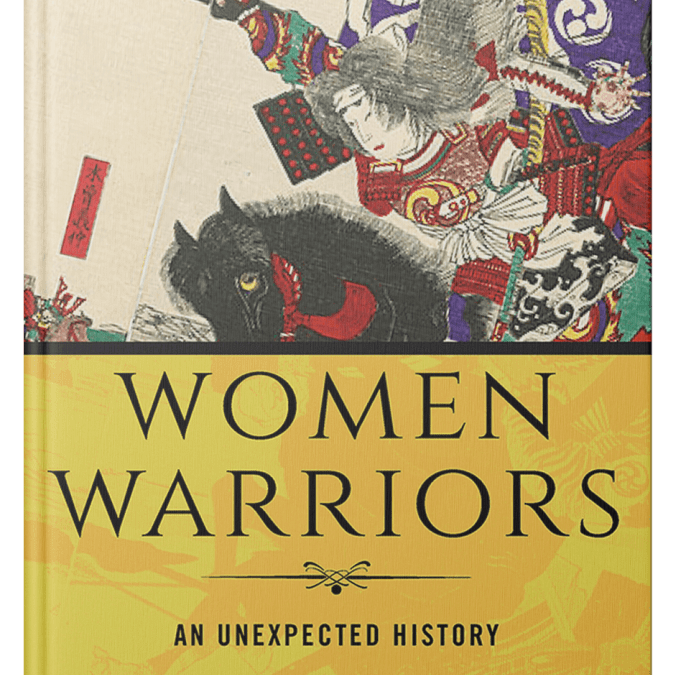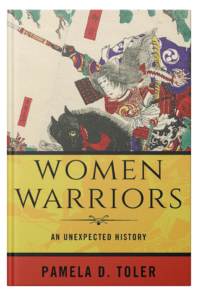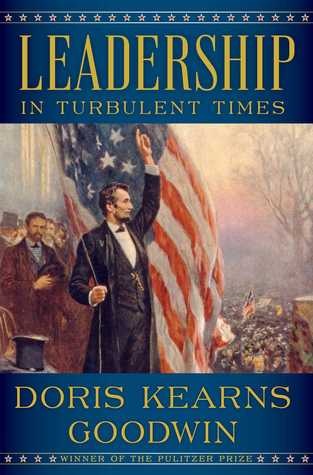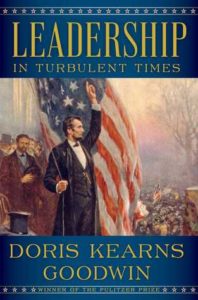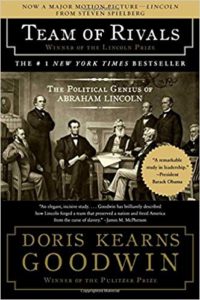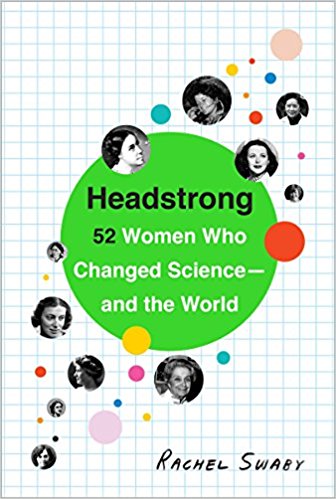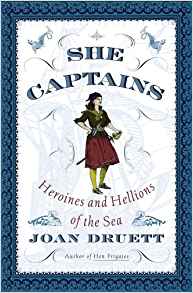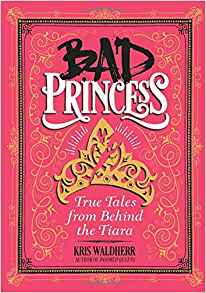My Review
Just as Women’s History Month closes for 2019, Women Warriors: An Unexpected History joins my research bookshelf with a handful of academically rigorous books. These books on “women doing unexpected things” include surveys of warrior queens, music composers, mathematicians and philosophers, as well as dozens of biographies of famous, accomplished women. I have several more popular history books on scandalous women, bad princesses, and overlooked scientists. The latter seem to dominate the marketplace. I enjoy their breezy modern take while introducing the reader to (mostly) forgotten women. (Reviews of those books can be found here.)
Needless to say, this was not an “unexpected history” for me—at lease in terms of the female historical figures. From the mythical Mulan to the female Dahomean King’s Guards (likely inspiration for the fictional Dora Milaje personal guards of the Black Panther movie), I was aware of most of Toler’s subjects. What was unexpected—and most welcome!—was the analysis and in-depth research. Unlike most authors of these survey books, Toler is an academic.
Thankfully she doesn’t write like one. Her prose is clear and readable.
Toler organizes her material into eight chapters with titles such as “Don’t Mess with Mama” and “Her Father’s Daughter.” In each chapter she surveys typical women warriors, from across time and cultures, who fit the title. She puts their decision to fight in the context of the times and explores the consequences of taking these dramatic actions. After every two survey chapters, a several-page “Checkpoint” covers a single subject in more detail. Substantial footnotes provide additional information and source references.
Toler concludes her book by asking the question: Are these warrior women “insignificant exceptions”? Most academics and historical military commanders felt so. Modern US military leaders used that to argue against allowing women in combat roles. They argued this at a time when Israeli women were drafted and served with their male counterparts. They argued this long after all female battalions fought in WWI and WWII. They argued this long after Soviet “Night Witches”—an all female bomber squadron (women pilots, navigators, and maintenance crews)—terrorized the Nazis on the Eastern front. Several ex-military women ran for US congress in 2018, highlighting their impressive service records, and many won. The bravery and accomplishments of modern women in combat around the world should forever lay that argument to rest.
Toler answers her own question: “Exceptions within the context of their time and place? Yes. Exceptions over the scope of human history? Not so much. Insignificant? Hell no!”
Highly recommended. Check out Author Pamela D. Toler talking about her book Women Warriors in the video below.
Note: I received a copy of this book from the publisher in exchange for an honest review.
